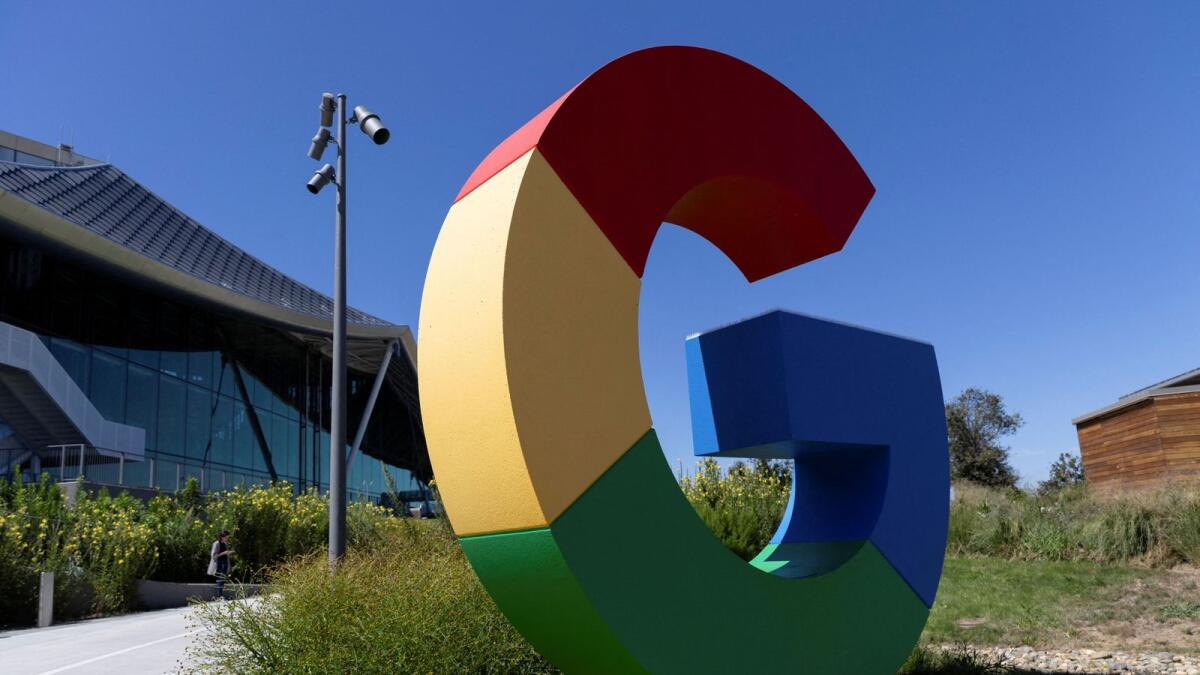Google is collaborating with Volkswagen to integrate an artificial intelligence assistant in a smartphone app for Volkswagen drivers. This assistant, powered by Google’s Gemini large language models and cloud computing capacity, allows users to ask questions or receive information by pointing their phone cameras at vehicle dashboards. The AI assistant was designed by adding data from Volkswagen owner’s manuals and YouTube videos on vehicle maintenance to Gemini. Google Cloud CEO Thomas Kurian highlighted the technical complexity of achieving multimodality, the ability to process different types of data such as text, images, and videos, in building this product.
The AI assistant is free and currently available to around 120,000 owners of Volkswagen’s Atlas and Atlas Cross Sport models. It is expected to be rolled out to other cars from the model year 2020 and later by early next year. The adoption of generative AI could potentially impact the cloud computing market, where Google currently ranks third in market share behind Amazon and Microsoft. Many companies are still exploring practical applications of AI technology that users will find useful. Cloud computing is a significant and growing business segment for Google, accounting for $33 billion of the firm’s $307 billion in overall revenue in 2023.
Google’s AI solutions have been instrumental in driving significant revenue for the company this year, although specific figures have not been disclosed. The collaboration with Volkswagen underscores Google’s strategy to provide tools to build enterprise AI applications, aiming to capture more business opportunities in this growing segment. By leveraging its advanced language models and cloud infrastructure, Google is expanding its footprint in the AI market and positioning itself as a key player in enabling AI-driven solutions for various industries. With the increasing demand for AI capabilities, Google’s collaboration with Volkswagen signals a broader trend towards integrating AI technology into everyday consumer experiences, particularly in the automotive sector.
The technical challenges involved in developing the AI assistant, such as multimodality and processing diverse data types, highlight the complexity of AI applications and the need for sophisticated solutions to deliver accurate and relevant information to users. Google’s expertise in AI research and development, coupled with Volkswagen’s domain knowledge in automotive engineering, has resulted in a powerful AI assistant that can provide valuable assistance to drivers in real-time. As more companies seek to integrate AI technology into their products and services, partnerships like the one between Google and Volkswagen demonstrate the potential for AI to enhance user experiences and drive innovation in various industries.
The availability of the AI assistant to Volkswagen owners showcases the practical applications of AI technology in improving customer service and enhancing the overall driving experience. By leveraging Google’s advanced AI capabilities, Volkswagen is able to offer a cutting-edge solution that combines language processing, image recognition, and cloud computing to deliver personalized and interactive assistance to drivers. As AI continues to transform various aspects of daily life, collaborations between tech giants like Google and automotive manufacturers like Volkswagen will play a crucial role in shaping the future of AI-driven innovation and intelligent applications in the automotive industry and beyond.










